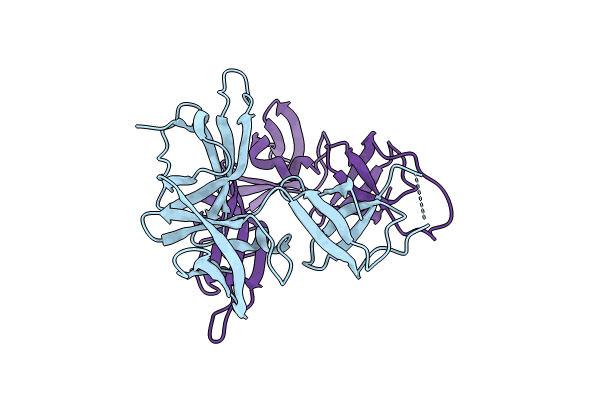
Deposition Date
2024-03-07
Release Date
2024-10-09
Last Version Date
2024-12-11
Entry Detail
PDB ID:
8S8U
Keywords:
Title:
Escherichia coli translation elongation factor P like protein (EfpL)
Biological Source:
Source Organism(s):
Escherichia coli K-12 (Taxon ID: 83333)
Expression System(s):
Method Details:
Experimental Method:
Resolution:
2.27 Å
R-Value Free:
0.27
R-Value Work:
0.24
R-Value Observed:
0.24
Space Group:
P 1 21 1


